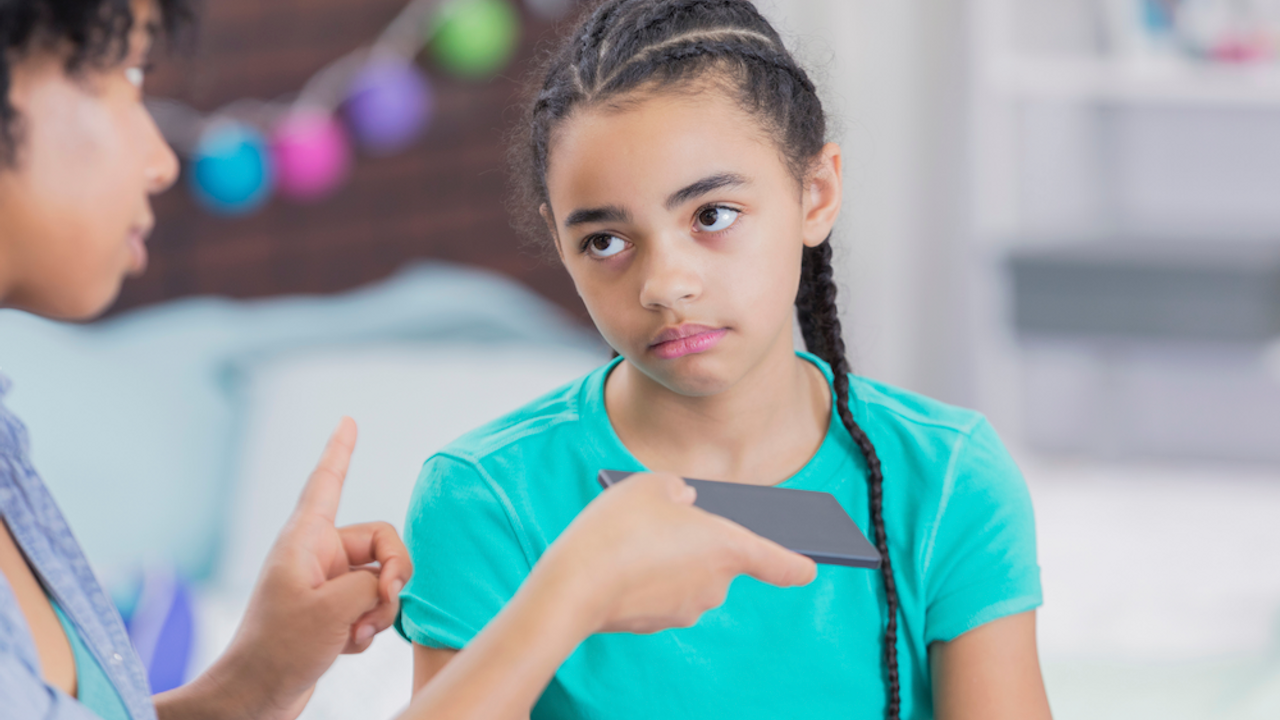Natural Consequences vs Unnatural Consequences

Have you heard of using natural consequences and unnatural consequences with our children?
An unnatural consequence is...
A threat, punishment or penalty given to the child that is unrelated to the “crime” at hand. They are random and inconsistent, dependent on the mood of the parent. For example, a child spills a glass of water; the parent gets angry and sends the child to their room. The child learns not to trust the parent, and to either stay quiet or to rebel. The parent has interfered with the learning experience by artificially imposing onto the child a consequence that creates disconnection, resentment and shame.
A natural consequence is…
Automatically built into the situation without us having to "do" anything at all. It tis consistent and teaches the child the proper way to correct their errors. For example, a child spills a glass of water; the parent directs the child to the clean-up towels to wipe up the spill. The parent shows the child how to wipe up spill without leaving any water behind. The child learns to trust the parent, that mistakes are part of life that need to be taken responsibility for and taken care of and the child feels understood and validated.
Children learn through life’s experiences–but parents are fearful and seek control.
Why is it that we are so afraid of experiencing life's natural way of teaching, and instead we try to control learning through threats and punishment?
We try to take charge of our kids' learning by putting ourselves in a position of power, “knowing what’s best” and if we “teach our kids a lesson”, they will become respectful and successful in life. Instead of helping them to discover their own natural path of learning, we think we must take control of them through dominating them. This causes kids to be resentful and angry which, over time, festers and can lead to serious long term negative outcomes.
We need to take a look in the mirror, as we are the ones that are out of control and fearful that our kids will reflect badly on us, making us look like bad parents with out of control kids. When parents need to control, they closely monitor the child’s actions, and when a child does something “right” or “wrong”, they dish out either a reward or a punishment.
What’s wrong with rewards and punishments?
Rewards and punishments create a child who is dependent on parental control to regulate their behavior. This kind of dominance perpetuates the problem instead of resolving it. Punishment overpowers the child and disempowers their capacity to learn self-discipline and self-regulation. When a child is rude and we take away their phone with an arbitrary, unnatural punishment (which has nothing to do with helping them learn to regulate their behavior and attitude), we are creating this type of scenario.
When a child is rude, we can address this by giving the child boundaries and limits, allowing this to happen as naturally as possible. One possible natural consequence could be that we calmly stop the conversation with them, letting them know that until they choose to speak to us politely, we are unavailable and will be in the other room.
In this way we teach the child that inappropriate and rude behavior is not socially acceptable and therefore the parent must control their own rudeness and not act out of vengeance and anger so the child can learn how to speak without being rude.
When the child is rude and we take away their phone, we have now committed an act of punishment based on some arbitrary connection that we have made in our minds (which, again, has nothing to do with the actual behavior at hand.) Over time, these types of punishments create a serious breach in the relationship with our kids. One that may never be repaired.
What Parents Can Do Instead
We must teach our children through our own example. We must become aware of how we act toward and speak to our children. If we meet them with consideration, understanding and fairness–they will find their path toward the same. They will discover their own moral compass and find ways to be thoughtful and truthful that come from within themselves. There are natural consequences to all behavior - positive or negative. Natural consequences are precisely how children learn to be self-directed and responsible with no coercion, learning life skills out of their own resourcefulness, aided instead by our encouragement and guidance.
We need to trust our children from the beginning, allowing them to discover their own life path by being their gentle guides and ushers–not their masters and dominators. Obviously, the time in which we must interfere with natural consequences is when the child is in real danger such as when the child is running into the road, or in some other way harming themselves or others.



